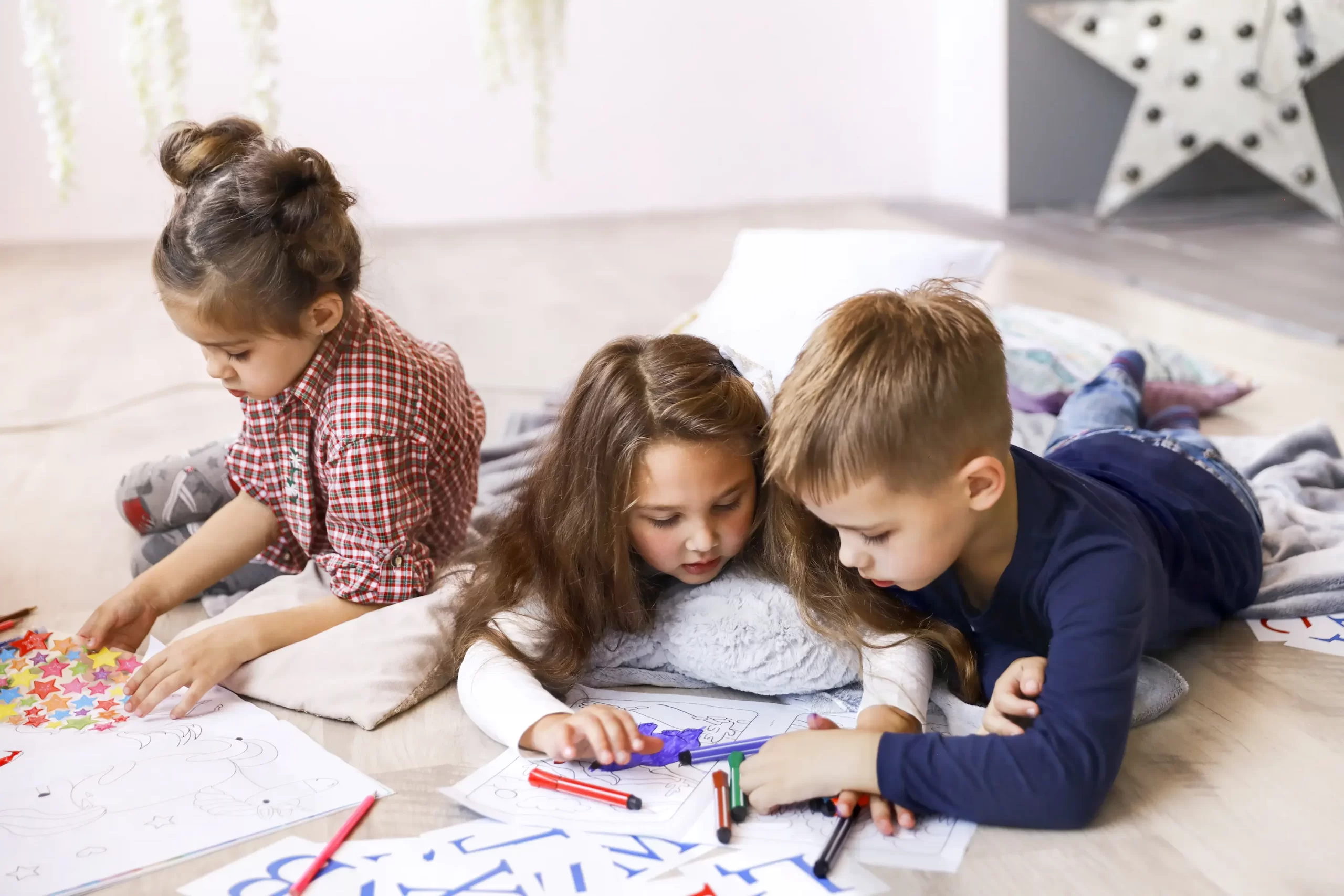Life skills may be far from your mind while ensuring your child is keeping up in maths, reading, writing, and the many foundational criteria we focus on in school. But as a parent and educator, I believe life skills are just as important in creating strong, moral, fulfilled adults who are happy, healthy and balanced. So what are life skills and what can we do to ensure our children learn them?
What are life skills?
If we actually break that down we learn that the World Health Organisation has identified the following key areas that need developing to meet these demands and challenges:
- decision-making and problem-solving
- creative thinking and critical thinking
- communication and interpersonal skills
- self-awareness and empathy
- coping with emotions and coping with stress
As you feel tempted to mentally score your child against these descriptors, keep in mind that these are skills that develop and evolve based on exposure to risk, challenges and experiences.
Are life skills really important for children?
The five life skills above have been identified as essential for:
- the promotion of healthy child and adolescent development
- primary prevention of some key causes of child and adolescent death, disease and disability
- socialisation
- preparing young people for changing social circumstances
By exploring all avenues that nurture these skills we can give our children the basis for good health, social connectedness, and resilience for everyday life. This prompts the question: can the classroom, with its traditional structure and curriculum, ultimately nurture and deliver the activities, environment and guidance to help our kids learn these skills?
Where else can your child learn the five essential life skills?
There’s a special joy in giving your children a new experience. In fact, these new experiences are one of the keys to learning life skills. When you see your child handle something differently based on their past experience, it cements just how important it is. This includes their experiences within and outside their classroom, with your family, friends and their community. As parents, we’ve watched this learning begin from the earliest age with play.
Remember watching your preschooler climbing the playground for the first time and learning about problem solving in getting from A to B? As they played they were challenged to think creatively about how something works, experienced frustration when it didn’t and were exposed to a level of (safe) risk to encourage their development. These experiences mould behavioural responses in our kids, as they learn about the world around them and the consequences of their reactions and interactions.
When they head off to school, play makes way for more structured learning. With my time as a school teacher, I was adept at controlling the risks to be appropriate for the age and size of whole learning groups and delivering the outcome-driven curriculum focused on defined learning benchmarks. Life skills certainly develop in this setting; however, I also know that exploring creative interests outside of the school curriculum can be an experience that’s ideal for nurturing children individually with programmes designed to promote healthy behaviour and mental well-being.
As a parent and an educator, I recommend looking to extracurricular activities for children such as afterschool/lunchtime programs, camps, community events and holiday programs that can expand your child’s experiences, learning and support for developing these life skills.
How do extracurricular activities nurture life skills?
As we have seen so clearly in recent years, technology can only do so much in delivering a learning experience. Interestingly the WHO identifies that there are important methods to facilitate life skills learning that include group work, discussion, debate, story-telling, and practical peer-supported learning with the added note that it should be relevant and fun!
These skills require an active learning process that is also experiential. Throughout our online-focused few years, I found the need to talk to my children about using technology creatively and not just passively consuming it. Like so many parents, I’m now looking forward to them returning to activities that give them this active learning process of life skills through experience.
Experiential extracurricular activities have a great advantage. Being interest-led creativity that your child is actively seeking means that they want to do it! Whether their interest is sport, dance, drama or art, they are encouraged to explore that interest that challenges them to take risks in an active but supportive setting.
I like looking at a program such as Drama for the life skills it nurtures and builds. Some children (like one of my kids potentially following in my footsteps) naturally gravitate to the dramatic arts, whilst others are shy and the degree of challenge and risk may feel greater. For both children, the program teacher covers the five life skills while individually guiding them to:
- Make decisions about how to participate, use their voice and body to tell a story
- Understand and solve fun problems and challenges with their peers
- Use their creative thinking and imagination for storytelling and performance
- Use critical thinking to assess how to best communicate their ideas
- Develop communication and interpersonal skills with their peers, their teacher and an audience in a positive way
- Develop self-awareness and empathy through group work and sharing whilst taking on roles that see them walking in another’s shoes
- Build their skills for coping with emotions and coping with stress around performance, self-consciousness, confidence and recovery from setbacks to keep learning
With so many life skills put on pause during these challenging times, it’s clear to see how a creative environment that provides a safe space for our children to explore elements of themselves, whilst working and playing alongside their peers with shared interests, nurtures the five essential life skills.
If we can layer these into their everyday lives through the interests they enjoy, we can support our children to grow into the strong, healthy, moral and confident people we know will serve them well through their schooling and beyond.
Most of all I want my children to find their passions and interests and to follow their dreams. To know that anything is possible and arm them with the life skills to face the highs and lows that may come.
What interests your child? Take a look at our programs and the life skills each one nurtures here.




